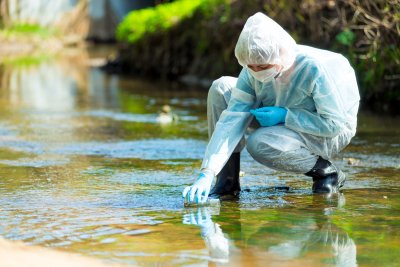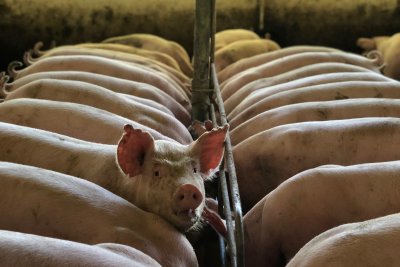Overruling campaigners' objections, Defra has approved field trials for plants that have been genetically modified to produce Omega-3 'fish oils'
The trial will test whether GM Camelina sativa plants are able to produce significant quantities of omega-3 long chain polyunsaturated fatty acids (LC-PUFAs) under field conditions. It will take place between May and September on Rothamsted Farm, in Hertfordshire in southern England. A risk assessment was reviewed by the UK Advisory Committee on Releases to the Environment (ACRE), and a 48-day public consultation was carried out by Defra.
Omega-3 LC-PUFAs have been shown to be beneficial for human health. The main dietary sources are marine fish, either caught or farmed. But fish do not produce these oils -- instead they accumulate them through their diet. In fish farms, this means from fishmeal and fish oil, with around 80 percent of all fish oil consumed by the aquaculture sector. The objective of the GM trial is to produce an alternative, plant-based source of the oils.
However, GM Freeze and other organizations had objected to the trials, and GM Freeze now adds that since it lodged its objections, The Ecologist has reported on Canadian research suggesting that the production of GM 'fish oil' in plants can cause wing deformities in Cabbage White butterflies.
Read about Sustain's policies on food and farming here.
Published Friday 29 April 2016
Sustain: Sustain The alliance for better food and farming advocates food and agriculture policies and practices that enhance the health and welfare of people and animals, improve the working and living environment, enrich society and culture and promote equity.





